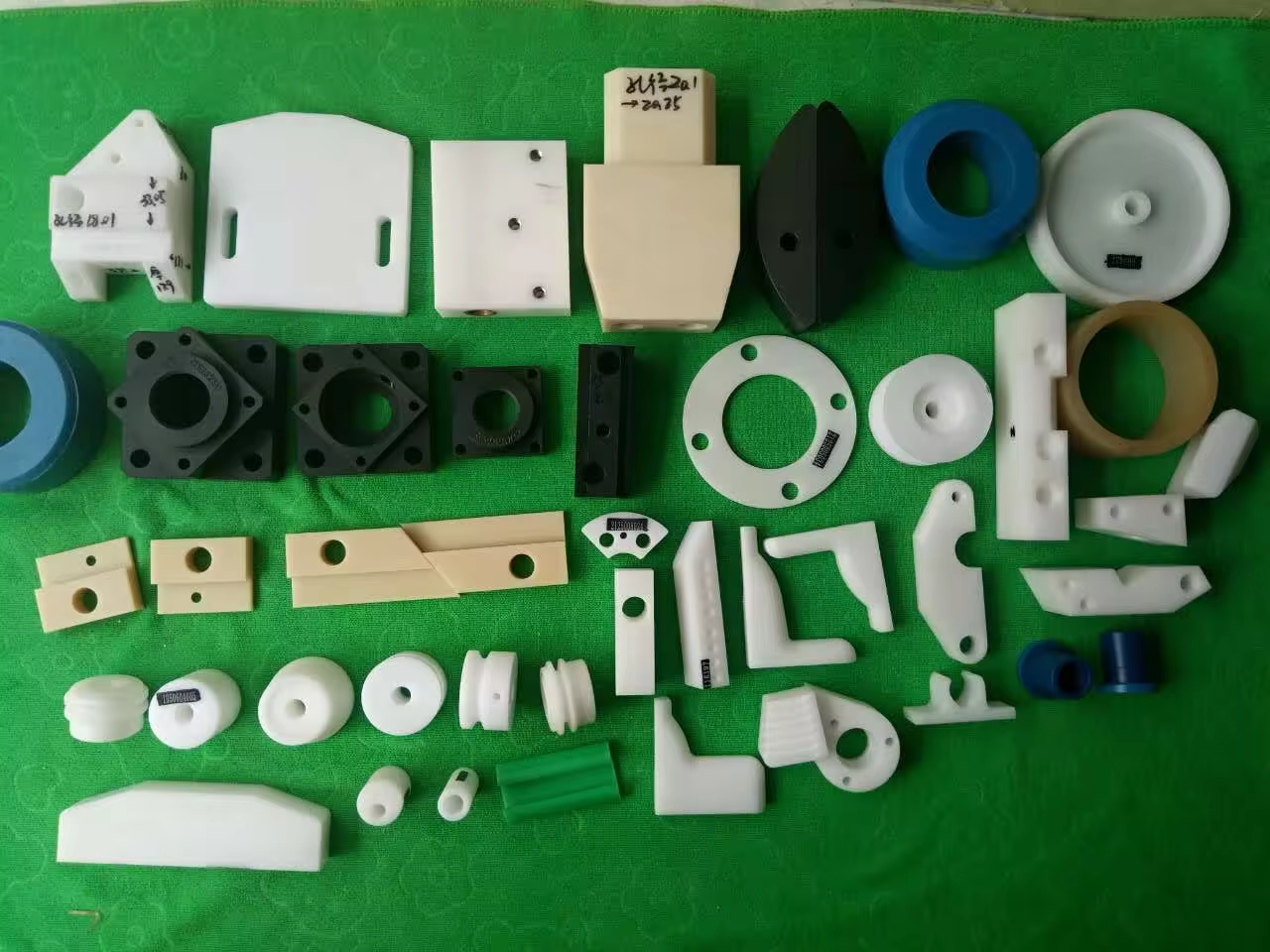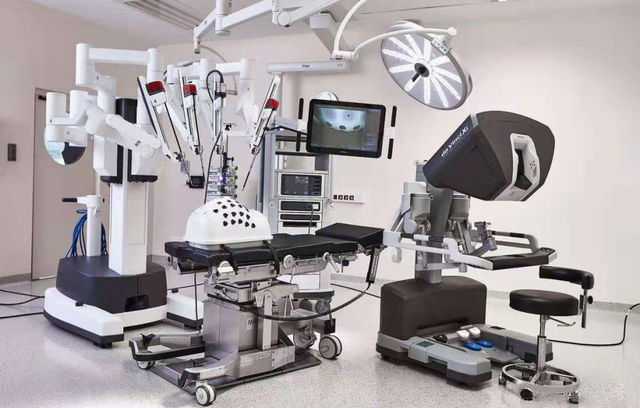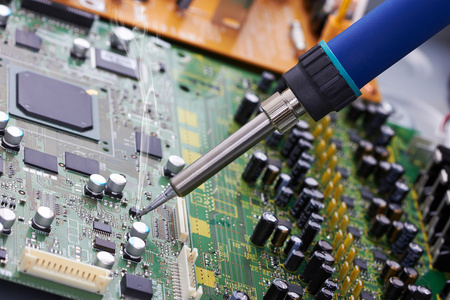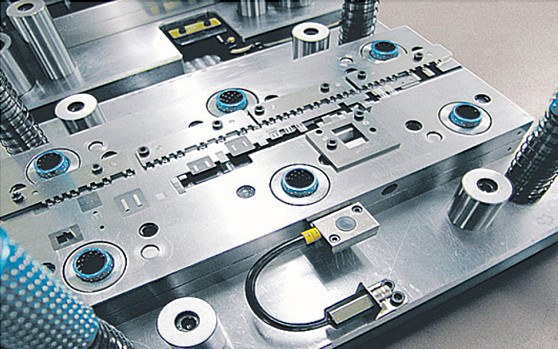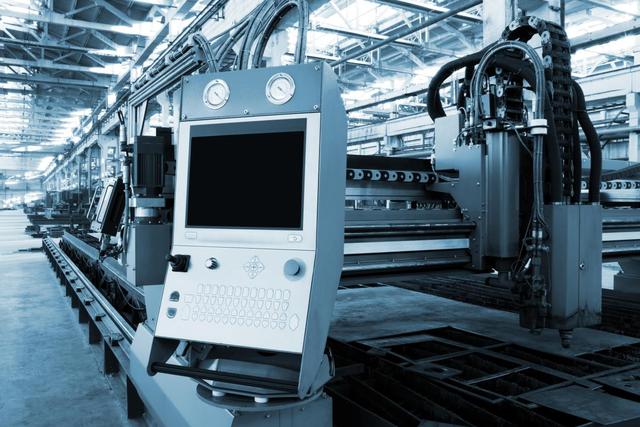
Nylon Precision Machining: A Comprehensive Guide to Nylon Material
Nylon is a common engineering plastic known for its excellent physical and mechanical properties, making it widely used in various industrial and consumer products. This article will explore the characteristics, applications, and advantages of Nylon precision machining to help you better understand
Quote Now!
Nylon Precision Machining: A Comprehensive Guide to Nylon Material
Release time:2024-04-18 | Visits:501Nylon is a common engineering plastic known for its excellent physical and mechanical properties, making it widely used in various industrial and consumer products. This article will explore the characteristics, applications, and advantages of Nylon precision machining to help you better understand and utilize this essential material.
What is Nylon Material?
Nylon, also known as polyamide (PA), is a type of thermoplastic made up of repeating amide linkages. There are many types of Nylon, with Nylon 6 and Nylon 66 being the most common. Each type offers unique properties based on different polymerization processes and monomer combinations.
Properties of Nylon Material
High Strength and Toughness: Nylon materials possess excellent mechanical strength and impact resistance, making them suitable for structural components that bear significant loads.
Outstanding Wear Resistance: Nylon's wear resistance makes it an ideal material for manufacturing bearings, gears, and other wear-prone parts.
Low Coefficient of Friction: Nylon has a smooth surface and low friction coefficient, suitable for applications requiring lubrication.
Chemical Resistance: Nylon is resistant to oils, fuels, and many chemicals.
Moisture Absorption: Nylon absorbs moisture, which can enhance flexibility and fatigue resistance in certain applications but may affect dimensional stability.
Ease of Processing: Nylon can be processed using various methods, including injection molding, extrusion, and CNC machining, making it highly adaptable.
Applications of Nylon Material
Due to its excellent properties, Nylon is widely used in numerous industries, including but not limited to:
Automotive Industry: Used to manufacture engine covers, fuel tank caps, gears, and bearings.
Electronics and Electrical: Nylon is used in cable insulation, connectors, and switch components.
Industrial Equipment: Suitable for making pump components, valves, seals, and conveyor belts.
Consumer Goods: Used in textiles, sporting equipment, and household appliance housings.
Medical Devices: Nylon is used to produce surgical sutures, prosthetics, and other medical devices.
Nylon Precision Machining
Nylon precision machining refers to the precise processing of Nylon materials using high-precision CNC (Computer Numerical Control) machines and advanced machining technologies to meet strict tolerance requirements and complex design needs. The main advantages of Nylon precision machining include:
High Precision and Consistency: CNC machines achieve micron-level accuracy, ensuring consistency in each part.
Complex Geometries: Precision machining handles complex shapes and details, meeting various design requirements.
Excellent Surface Quality: Precision machining ensures high surface smoothness, reducing the need for further finishing.
Efficient Production: High automation in CNC machining improves production efficiency and shortens lead times.
Strong Customization: Custom production based on specific customer requirements is possible, meeting diverse individual needs.
By understanding Nylon material and its precision machining processes, you can make better choices and applications of this material, bringing greater value and competitive advantage to your projects. If you have any needs or questions about Nylon precision machining, feel free to contact our team of experts. We are dedicated to providing you with professional solutions and high-quality services.

